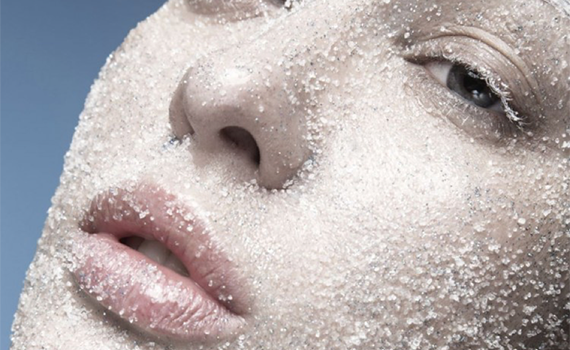What is Glycation?
As we age, and when we consume too many sugary or high-glycemic foods, these sugars react with proteins and fats in an abnormal way, producing harmful molecules called “advanced glycation endproducts” (AGEs). This process is called “glycation.”
AGES inactivate the body’s natural repair system, making skin more prone to damage. The more AGEs we have in our bodies, the faster we age.
Therefore, avoiding sugar is a good anti-aging strategy – wine is sadly essentially sugar, so limiting wine can also help to decrease glycation.
How to Treat Glycation?
Gentle treatments that support the formation of new collagen and collagen turnover can help decrease the ravishes of glycation.
e.g. microdermabrasion, light peels and laser resurfacing, Vital Injection and PRP (Platelet Rich Plasma) treatments.
Actions to Help Avoid Glycation:
1. Wear sunscreen
2. Don’t smoke cigarettes
3. Exercise
4. Get good quality sleep
5. Eat fresh produce and foods that have been minimally processed
Glycation can’t be completely stopped, but it can be slowed.
Glycation is a normal process and happens to us all as we age, but bad eating habits and lifestyle choices do accelerate the process.
Effects of AGEs:
1. Age Spots
2. Fine lines and wrinkles
3. Dull skin
4. Uneven skin tone
If you think you may be suffering from Glycation and you want help, make a booking at one of our clinics for a consultation with us about how we can help you.
Other Resources You May Like To Read:
What is the Difference Between Vampire Facial and Facelifts?

